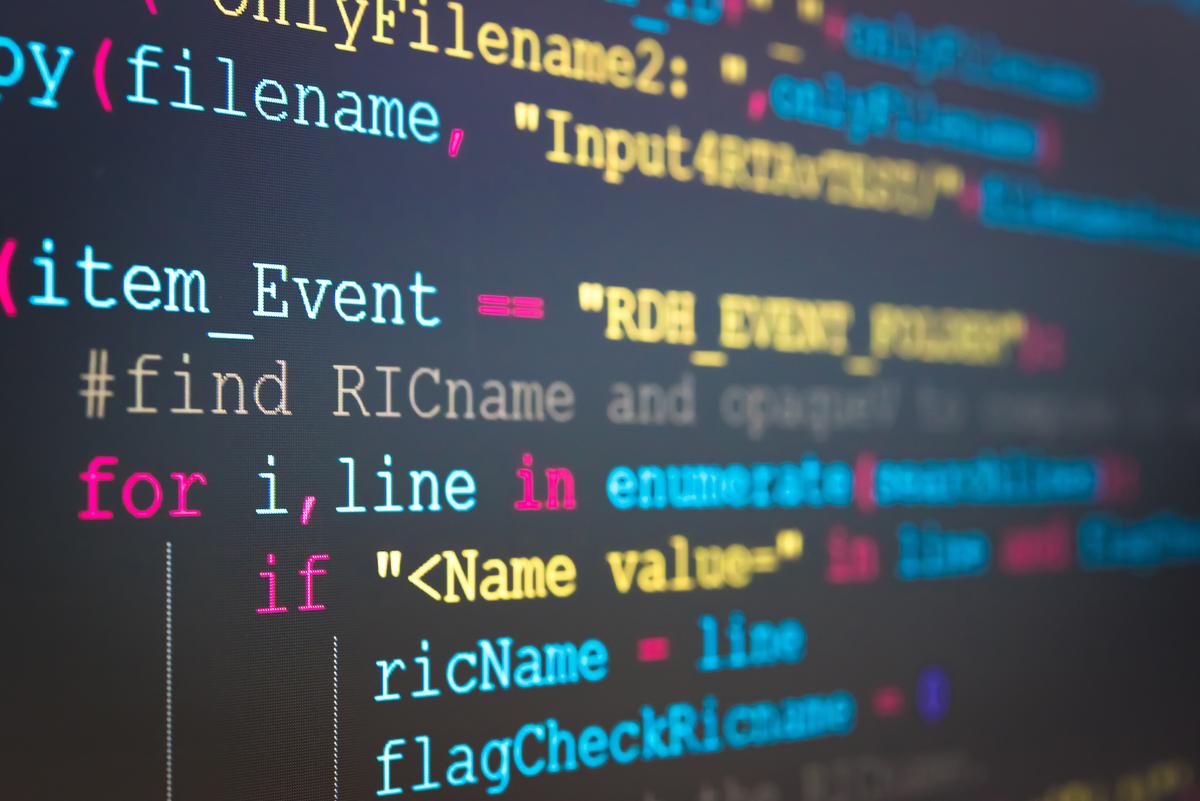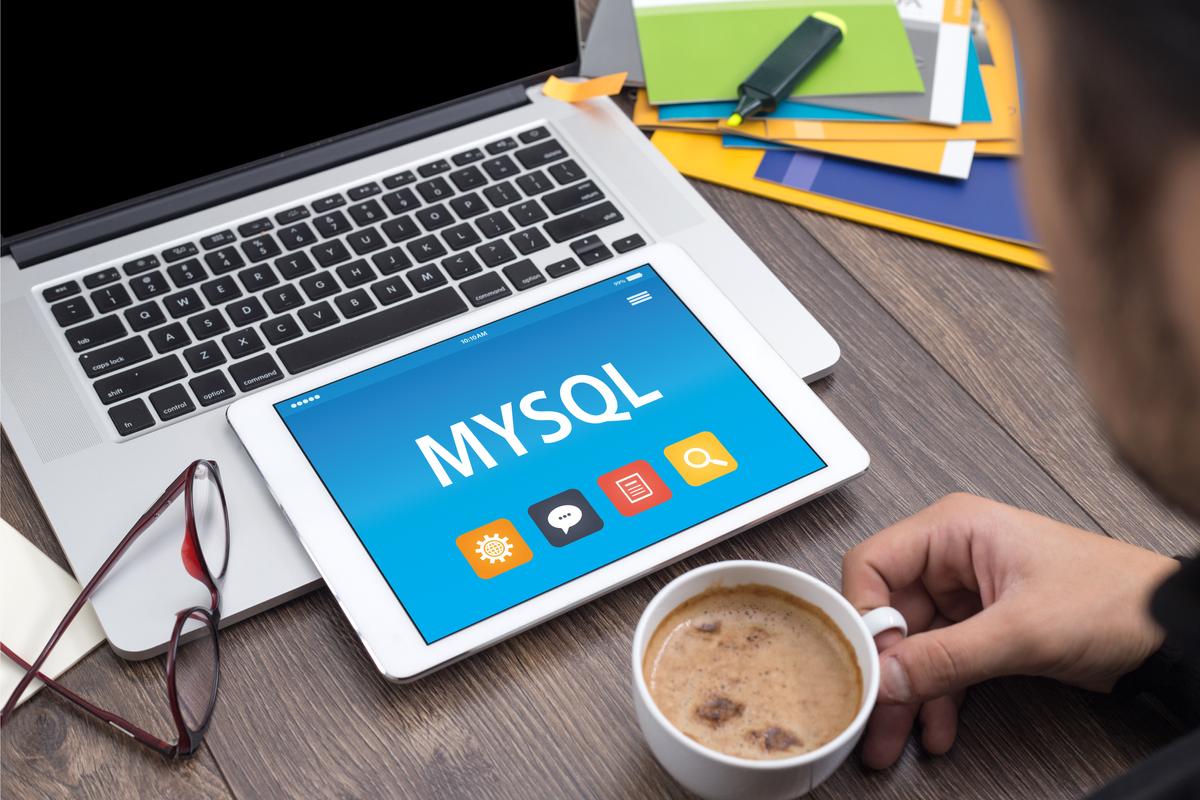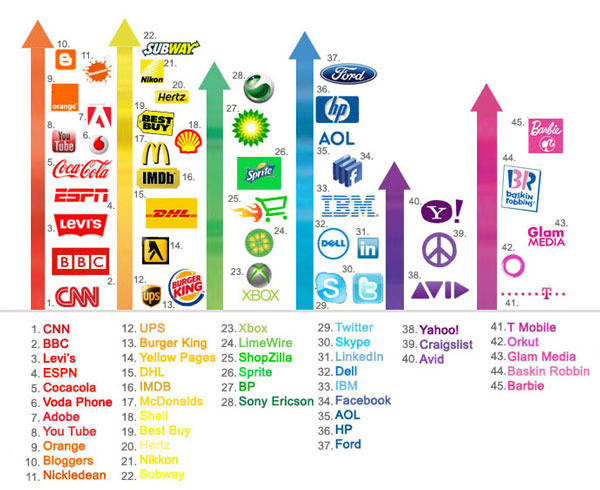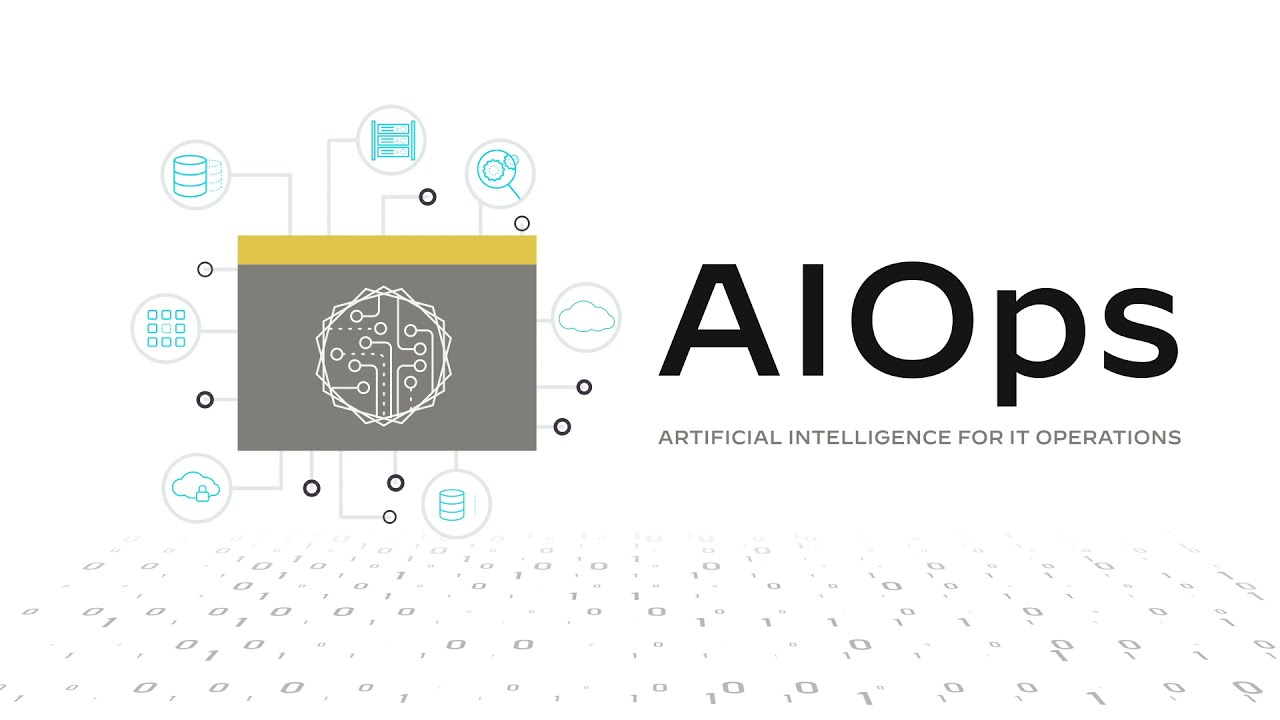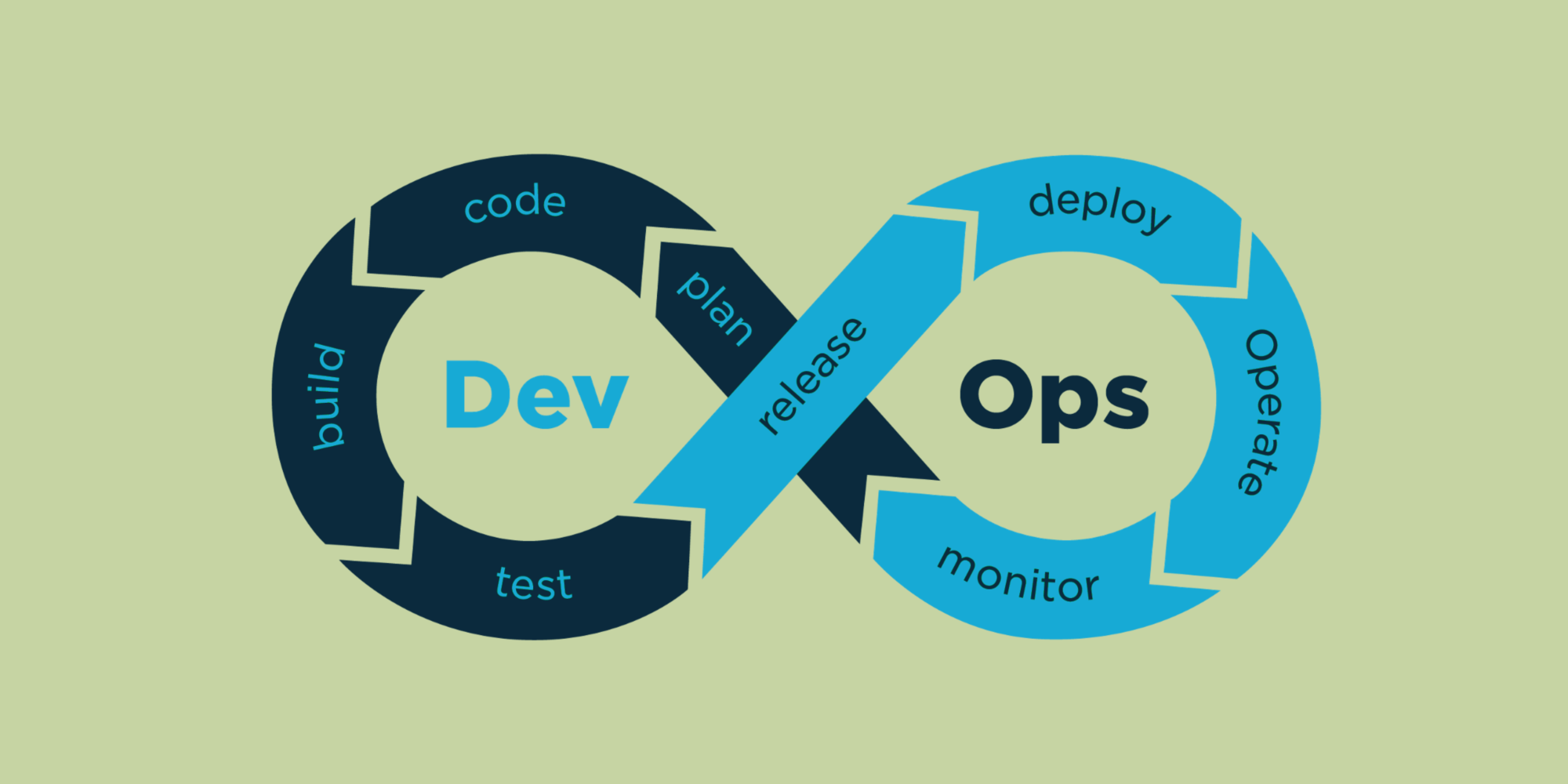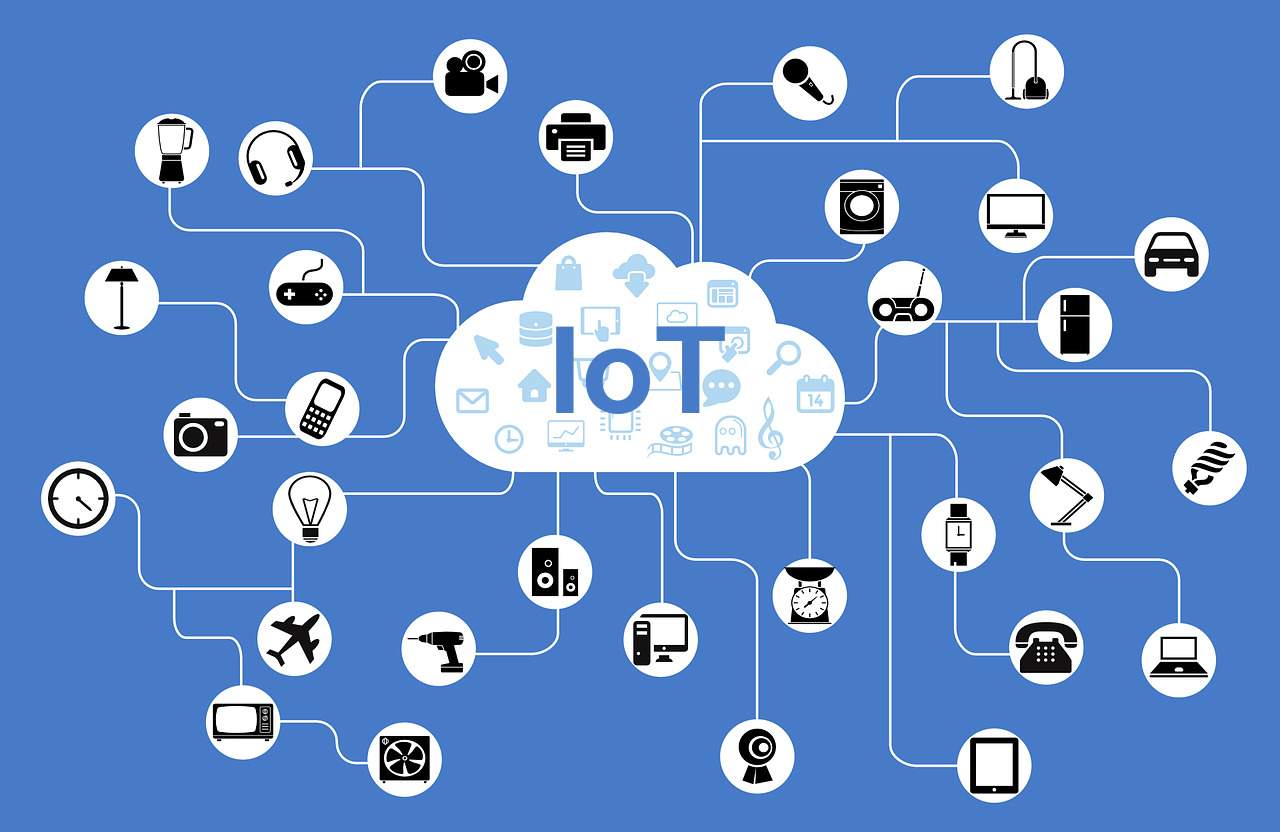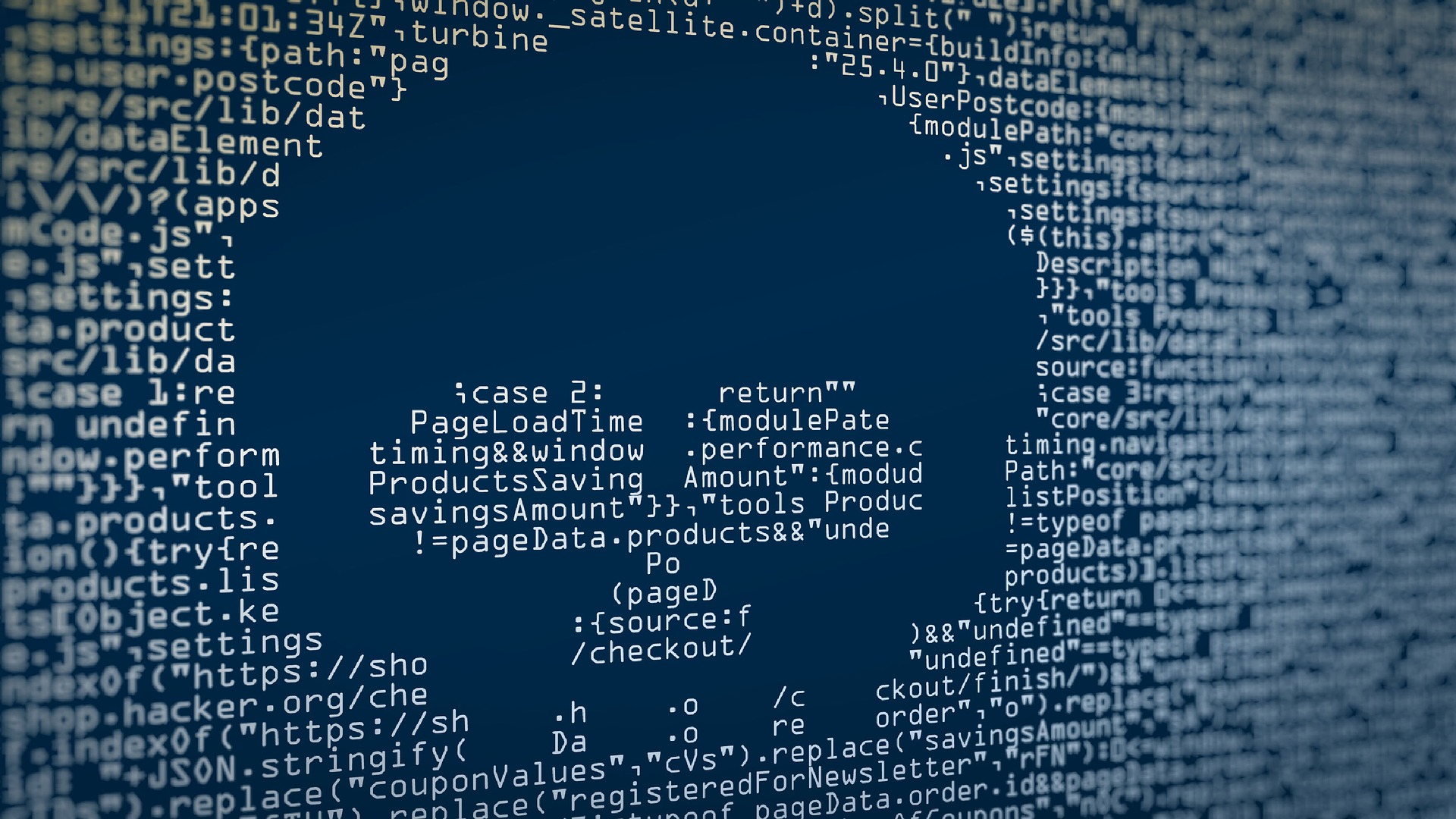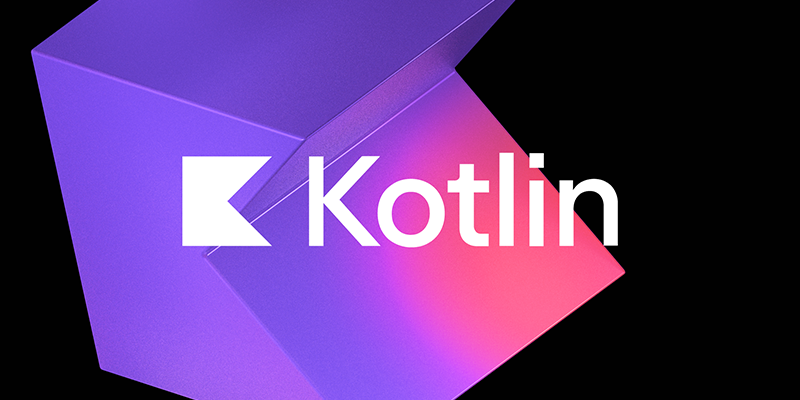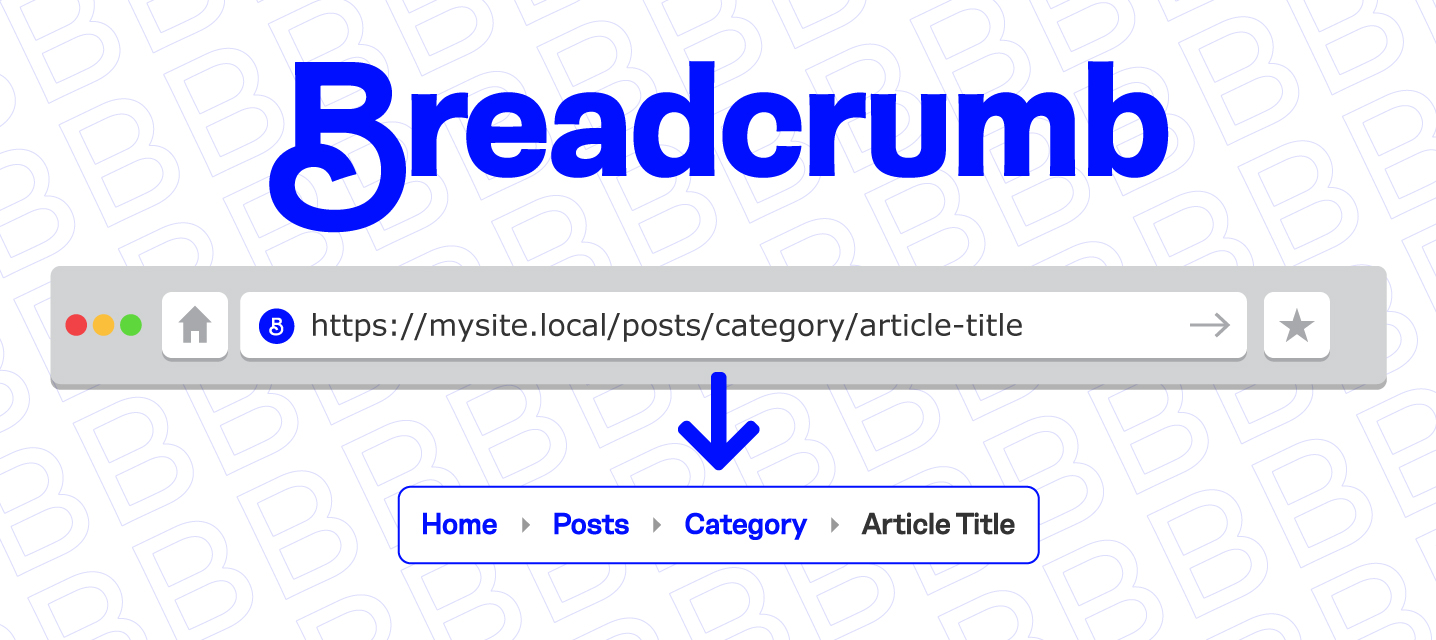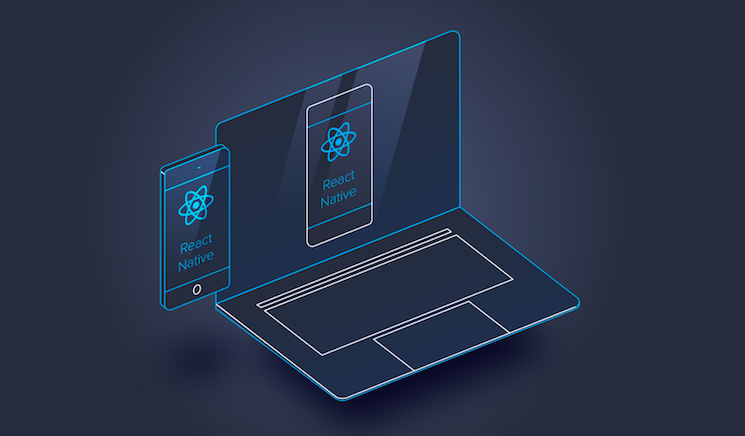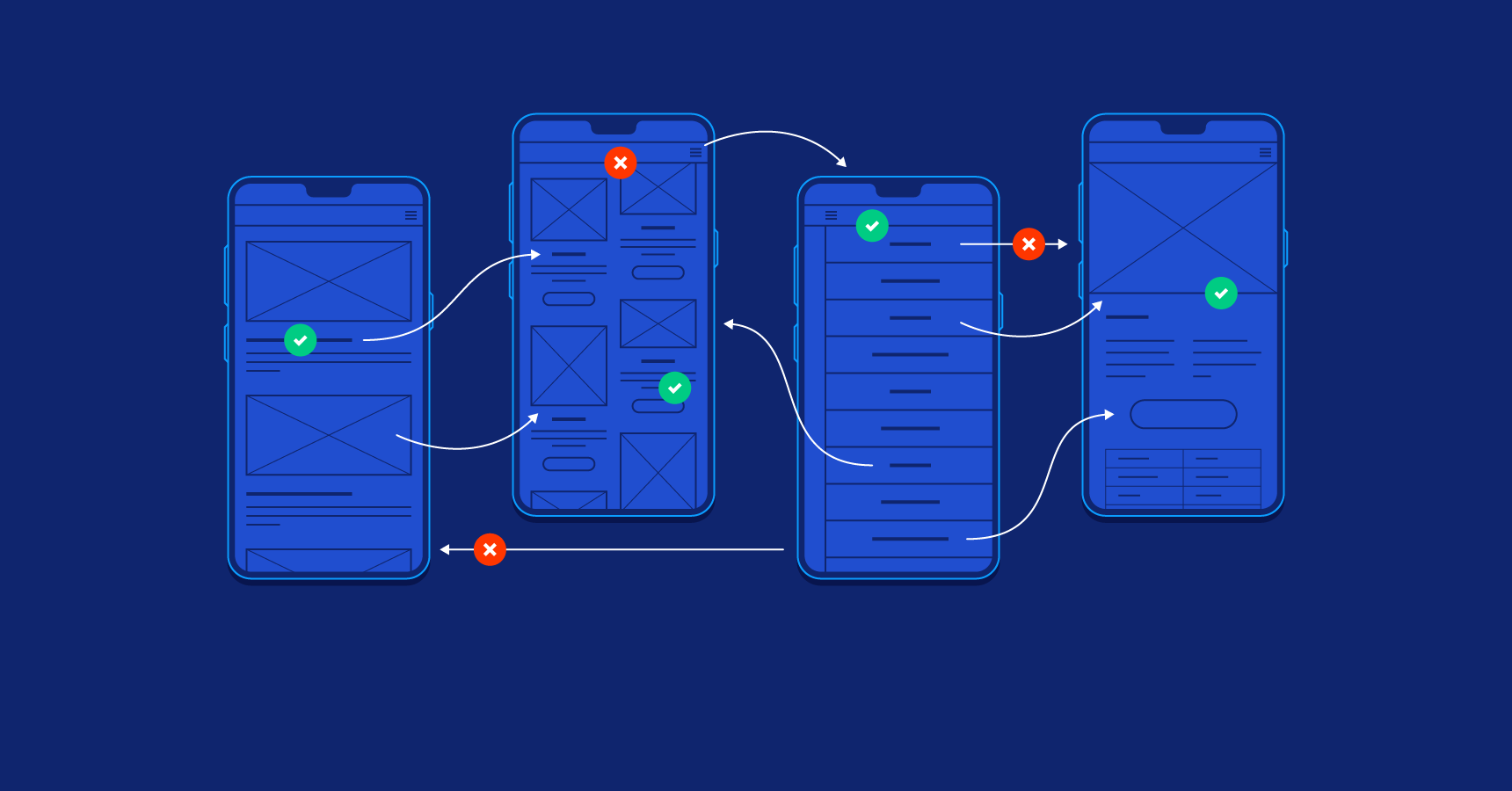What role does GDPR play for us?
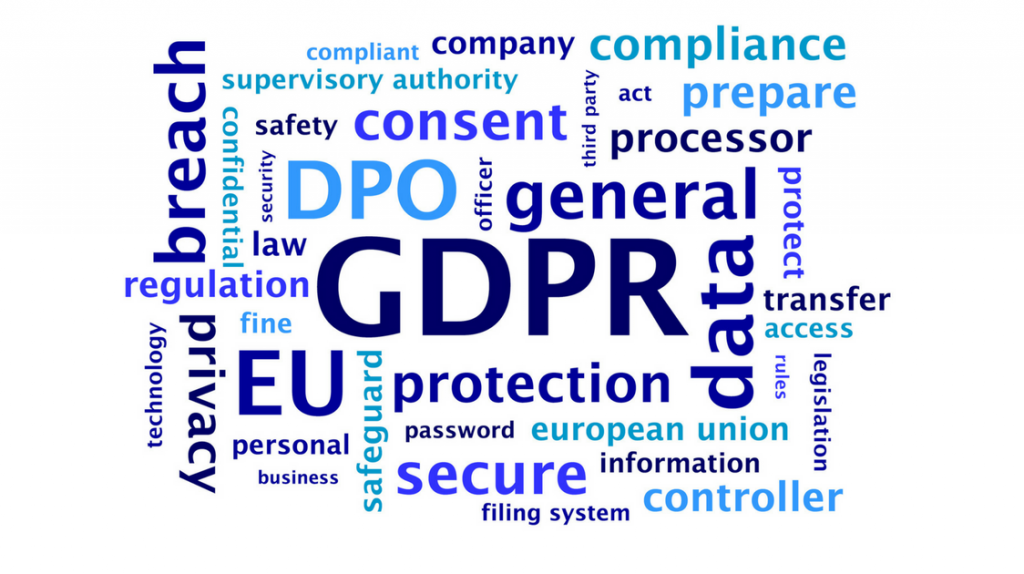
One of the significant steps taken by the European Union (EU) was the adoption of the "General Data Protection Regulation" (GDPR). This regulation was enacted on May 25, 2018, aimed at strengthening and standardizing data protection for all individuals within the EU. The regulation also governs the transfer of personal data outside the EU. The adoption of this regulation completely changed the approach to data protection on the internet.
GDPR was created to protect the rights and freedoms of citizens in the digital age, giving them greater control over their personal data. Below are the key points of the regulation:
Right to Access: According to this regulation, each data subject has the right to request information from organizations about what personal data of theirs is being used, how it is being used, and with whom it may be shared. This makes each user more informed about the use of their personal data.
Right to Erasure: Users can request organizations to delete their personal information once their goals have been achieved or when the data is no longer needed. Thus, each subject can manage their digital history.
Right to Rectification: Each data subject can request the correction and amendment of their personal information to keep it up to date.
Right to Restrict Processing: During data processing, users can request a halt to the processing of their personal information or even stop the process entirely for a certain period.
Right to Object: Users have the right to object to various processes involving their personal data, such as processing.
Right to Data Portability: According to the regulation, users have the right to request their personal information in a structured format for transfer to other data controllers.
Automated Decision-Making and Profiling: GDPR imposes restrictions on the use of automated decision-making and profiling, which can significantly impact users' rights and freedoms.
In the presented regulation, consisting of 99 articles, the obligations of organizations are also outlined:
Consent:
Companies must obtain clear and informed consent from users for the processing of their data. Such consent must be given voluntarily, specifically, informatively, and unambiguously.
Breach Notification:
In the case of data breaches, companies must notify the supervisory authority within 72 hours after discovering the incident. This helps quickly respond to issues and mitigate potential damage.
Data Protection Officer (DPO):
Companies that regularly process large volumes of data or work with particularly sensitive data must appoint a DPO to monitor compliance with GDPR requirements.
Data Protection Impact Assessment (DPIA): Organizations must conduct DPIAs for processes that may pose a high risk to the rights and freedoms of data subjects. This helps identify and mitigate risks at an early stage.
Documentation:
Maintaining detailed documentation of all data processing operations is mandatory. This ensures transparency and full accountability of all data-related actions.
Technical and Organizational Measures:
Companies must implement appropriate technical and organizational measures, such as encryption, to protect data from unauthorized access and breaches.
In conclusion, the implementation of GDPR was a significant step in the development of personal data protection, establishing new standards and requirements for companies dealing with the data of EU citizens. This regulation emphasized the importance of maintaining user privacy on the network, thus making the environment more comfortable and safe for us.

